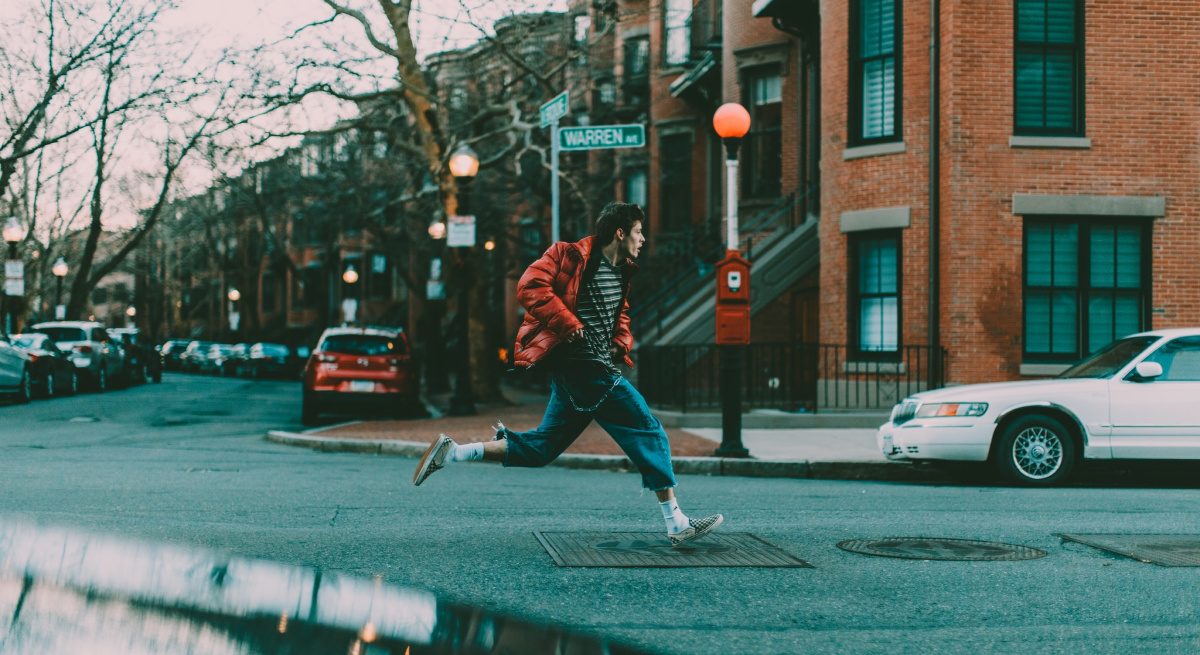Restaurant Runaways: How to Get Your Money
2 Min Read By Douglas Parker
There are many cases of people running away from a restaurant without paying for the meal they have had. There are just as many reasons why people dine and dash without thinking about the potential of getting a criminal record. Depending on which part of the country the offense is committed in, the perpetrator can be charged with petty theft or a felony and can potentially face jail time and a fine.
They do not consider that they may have to hire a theft crimes attorney when they leave without paying for their food. There can be many reasons why they decide to dine and dash such as wanting to have some fun by dodging payment, tiring of waiting for the bill, not having enough money to pay or not being satisfied with the meal that they had. Whatever the reason for a customer running away, it can be expensive for a restaurant when it comes to the loss of money.
Does refusing to pay for a restaurant meal constitute theft?
For some people who dine and dash, it may not seem like an especially serious thing to do; especially if it's done for laughs or a dare. However, there are potentially serious implications from leaving a restaurant without paying.
It's regarded as theft and constitutes a crime. There are several different penalties that can result from being found guilty of this type of offense.
What are the penalties for restaurant runaways?
Running away from a restaurant without paying is always regarded as theft. In some states it's regarded as petty theft. In other states it's considered to be a felony. This means that the penalties which can result from a conviction after dashing and dining vary, depending on where the incident took place.
For instance, in Mississippi, if the amount of money that is dodged is more than $25, an individual who is found guilty can be convicted of a felony. In New York, penalties can include fines and time in jail. There are a range of different penalties for this type of offense, across the country.
How a restaurant can get its money back
In many cases, it's difficult for a restaurant to get its money back after a dine and dash. Recovering money usually mostly happens if the person who runs away without paying is caught. Restaurants also sometimes take money from the salaries of servers, to make up for the shortfall; although this is not legal if the deduction means that the server earns below the minimum wage.
Given the difficulty with recouping money, it makes sense for restaurants to take actions to deal with dine and dash situations. This includes:
-
Giving incentives to servers to make them more vigilant.
-
Keeping a tab for patrons that requires the provision of a credit card for security.
-
Installing cameras that cover the entire restaurant. This means that the restaurant has a visual record of anyone who has dined and dashed. This evidence can be used to help capture the culprit.
These preventative measures may cost money to implement. However, they can help restaurants to save money in the long term, by protecting them against the financial loss of dine and dash,
A restaurant may be able to get the money back, if the person who dined and dashed is caught. However, this often does not happen. The best idea is for a restaurant to take preventative measures. While they may not completely remove the chances of dining and dashing they can help to reduce them significantly.


